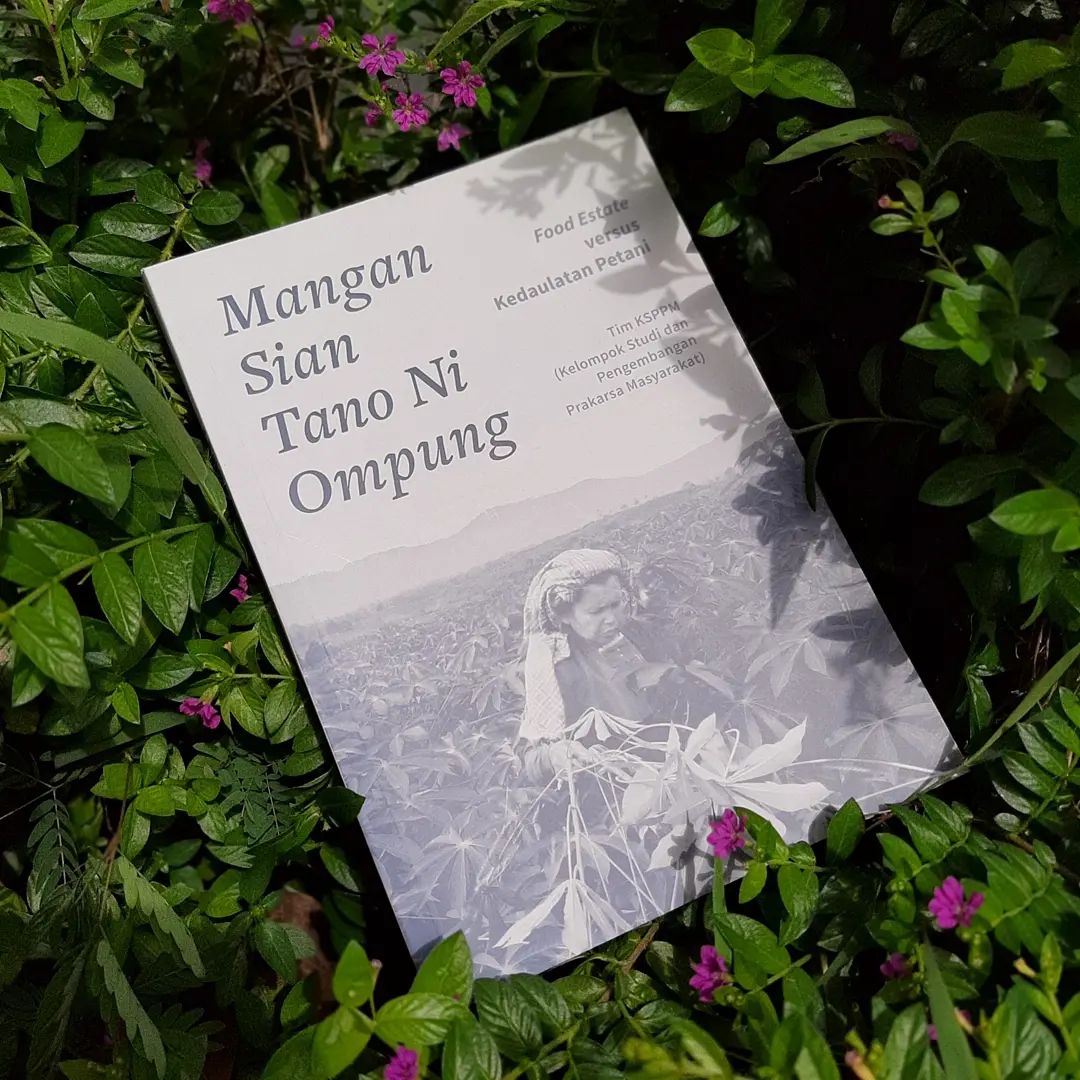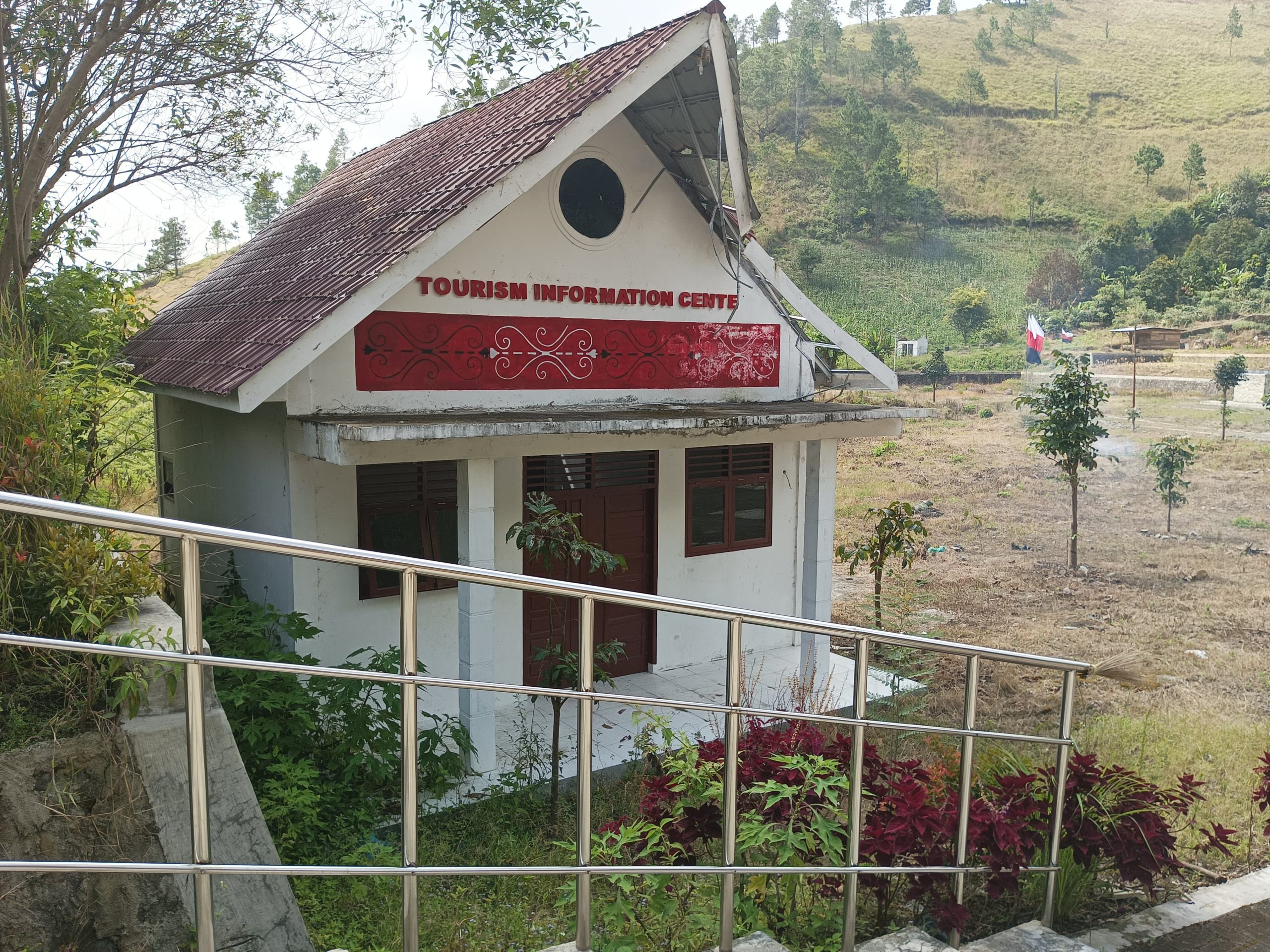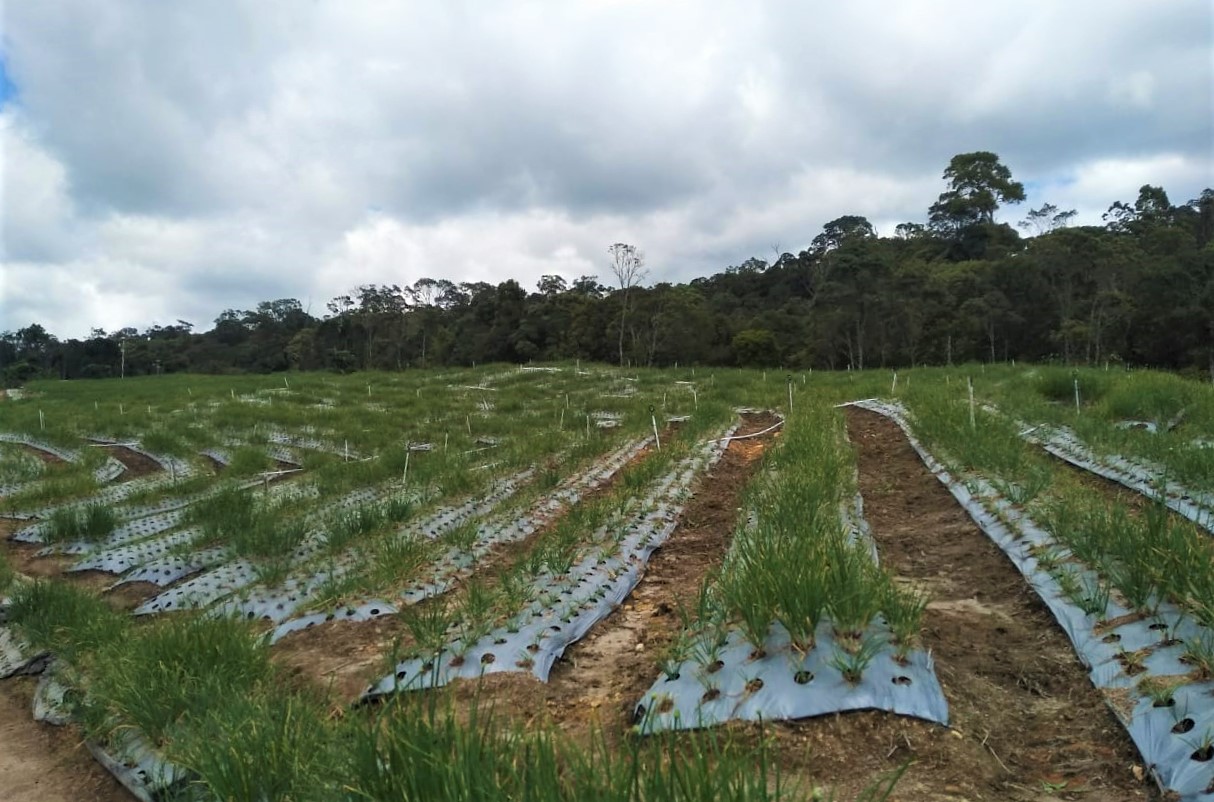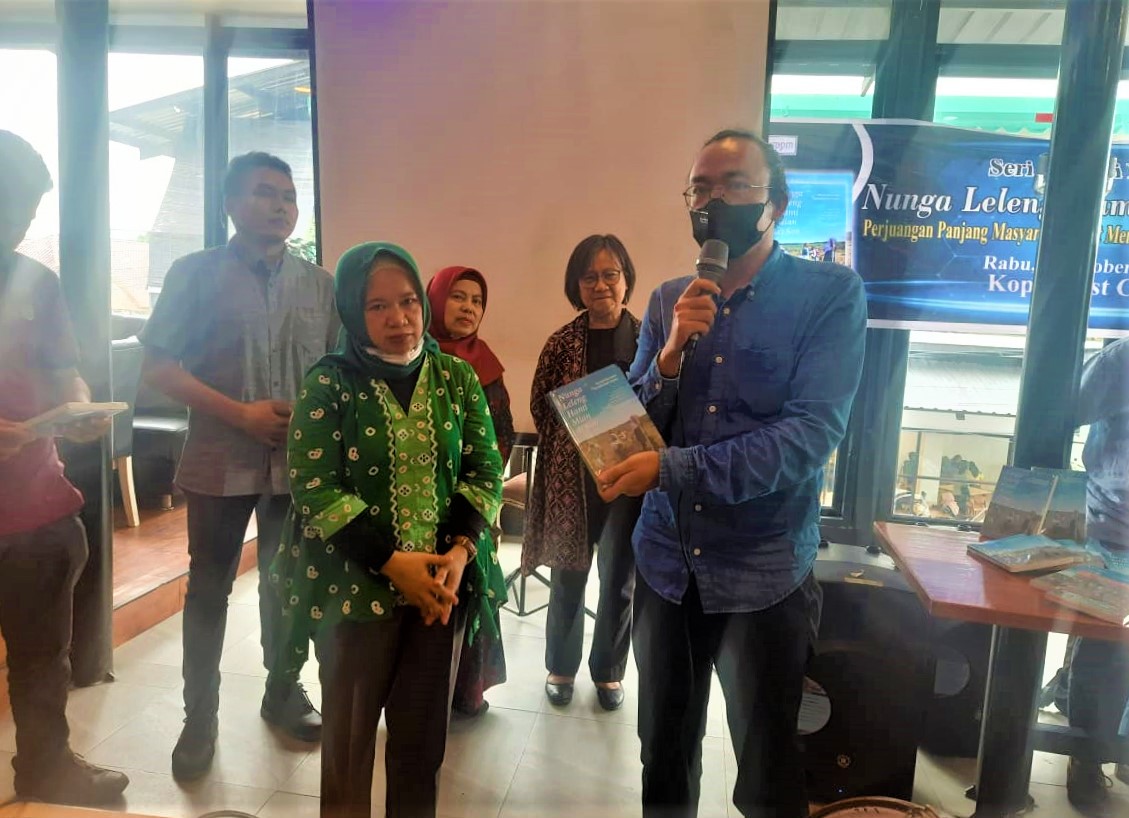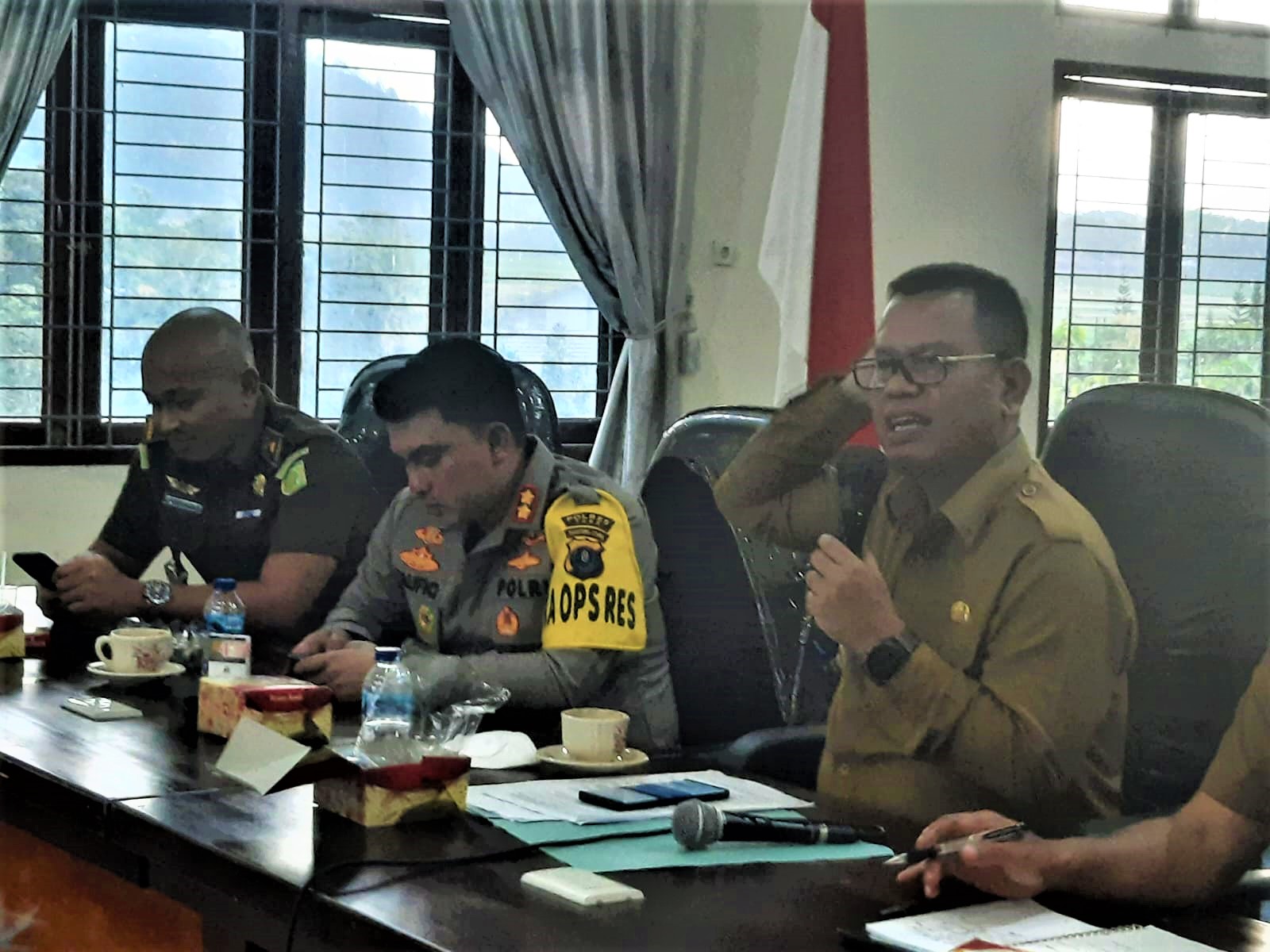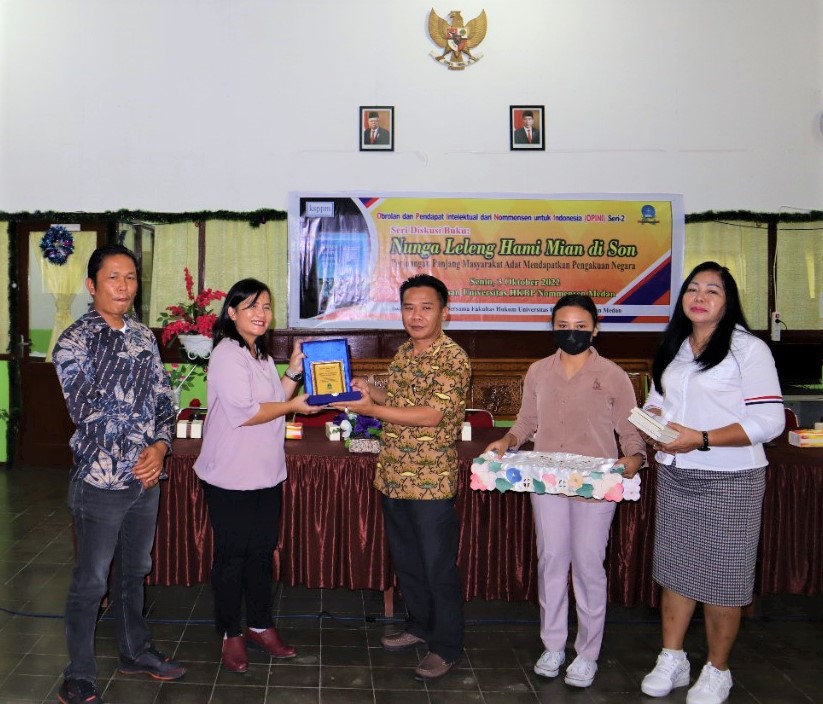Abriani Siahaan and Sintia Simbolon’s article in this book uses micro-level experiences in Siria-Ria village to reflect on the Food Estate programme. The data for their writing is a combination of direct observation, secondary data and information from a number of resource persons. Of course, here and there they both include their normative judgements about the Food Estate programme, especially in the reflection section.
Interesting Facts
Despite Sintia’s assessment that “the programme doesn’t really improve people’s welfare” (p. 175) for the reasons she outlines in the Reflection section, the fact is that many farmers in Siriaria have opted into the programme. Op. P, one of Sintia’s interviewees, argues that “food estates are actually beneficial, especially in terms of government assistance” (p. 161). “If you count, the government funds that have been spent specifically for the land alone have reached Rp. 150 million.” (p. 163). This monetary assistance or subsidy does not include the ‘knowledge package’ provided through counselling from planting to harvesting.
Despite the opinions and analyses of many people about the adverse effects of the food estate programme on farmers, many farmers in Siriaria have ‘decided’ to participate in it.
Further Questions
What can be drawn from the decision of these farmers to participate in the food estate programme scheme? Are these farmers ignorant people who are easily swayed by poor quality persuasion? Or, are they actually highly rational people who make the best decisions in the concrete situations they face?
It is relatively certain that these farmers have never in their lives received such a large subsidy. In their long experience of hardship as farmers – which many activists and intellectuals have never really experienced – the offer of such a large subsidy is a tremendous blessing. This is considering that the budget allocation for agriculture in the Humbang Hasundutan district budget has never shifted from around 4-5% despite agriculture being the mainstay sector (p. 177).
To some extent, then, the steps taken by the Siria-Ria farmers can be considered a rational choice within the narrow scope of their long experience in farming. The offer of subsidies under the food estate programme could have been interpreted by them as a ‘golden opportunity’ to change their fortunes. There is a hope of ‘improved fortunes’ behind the decision. It is as if there is a feeling that their current livelihood models are no longer adequate or sufficient.
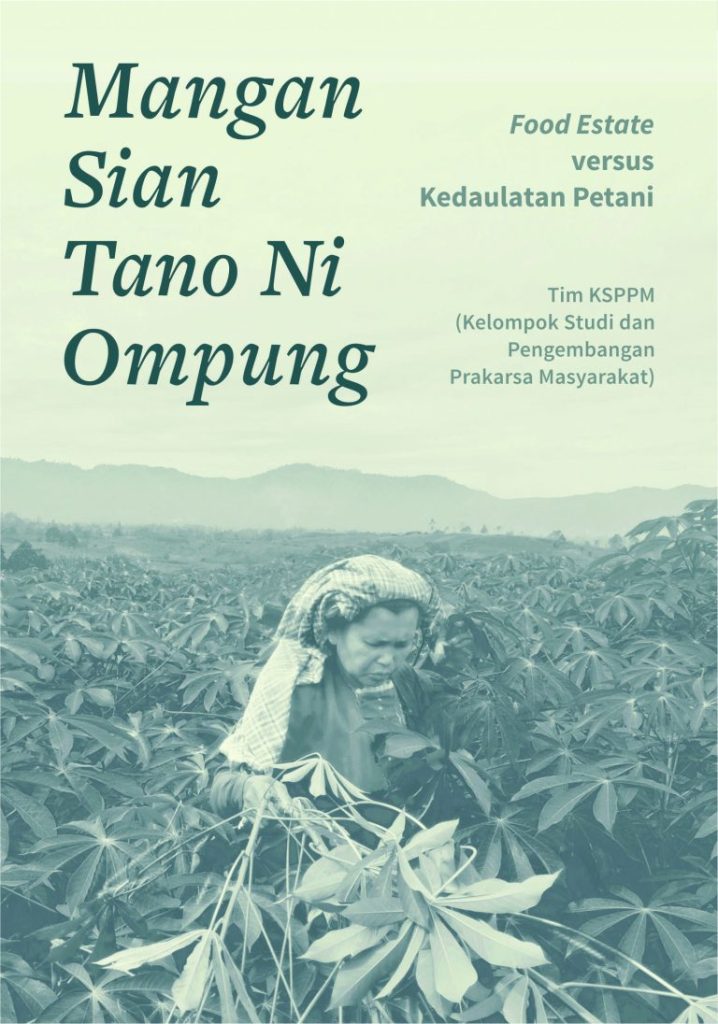
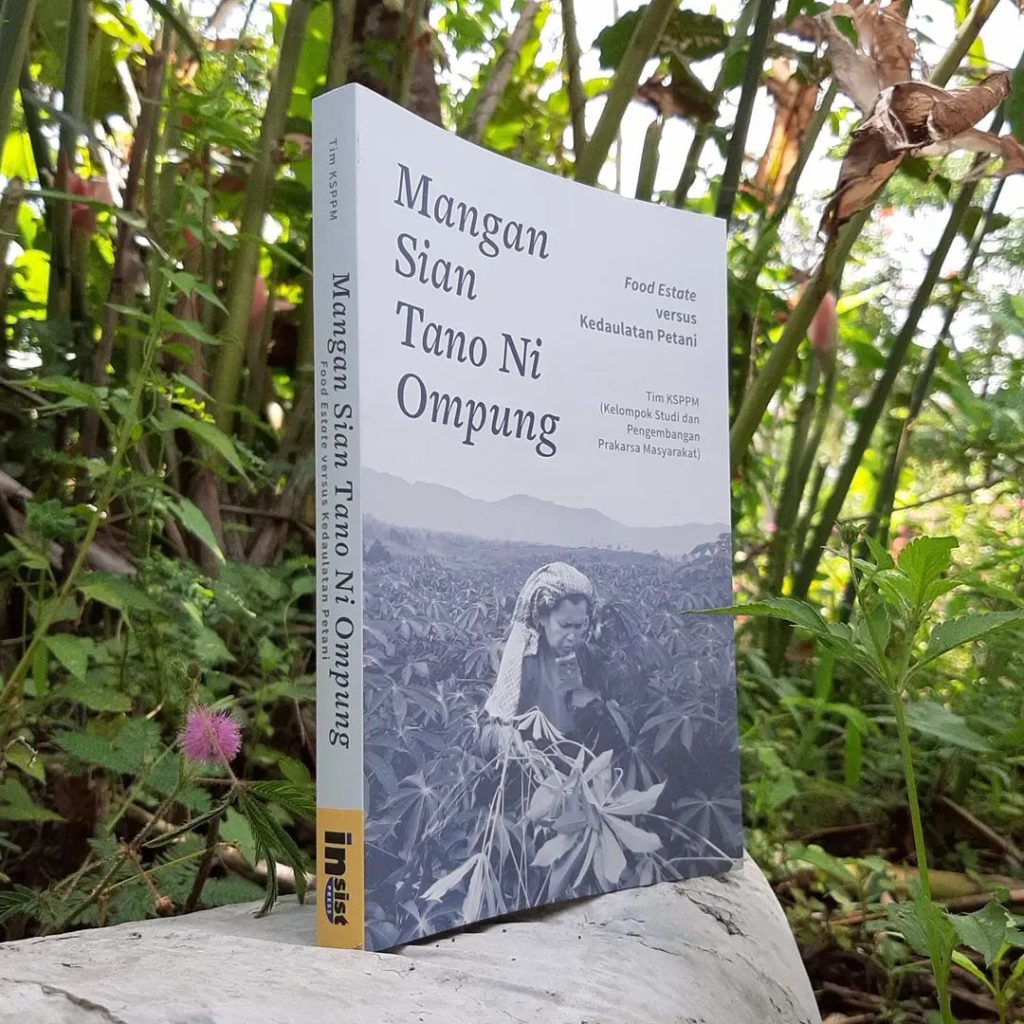
Of course, their understanding of the food estate programme is not complete and comprehensive, especially in relation to the possibility of long-term impacts where they experience land exclusion, losing their land not by force but through market mechanisms: they are no longer able to finance their own agricultural activities so they are forced to ‘surrender’ their land – either through rental or sale mechanisms – to companies (corporations). In that situation, they are no longer farmers but labourers.
We cannot blame these farmers for their limited understanding. They make decisions based on the data, information and experience they have. And, their strongest and longest experience is that their fate as farmers is very bad.
It is evident from Abriani and Sintia’s writings that big problems are on the horizon. These farmers added capital from their own pockets to their land that was included in the food estate programme, either from savings or loans. There is the fact that the yields are completely inadequate to cover their own capital outlay. There is also a problem with the price of their shallots that are deposited with the Joint Business Group (KUB) where the contract is unclear.
This is a challenge for research/knowledge-based community organising. Organising work should ideally be a ‘two-legged’ activity that combines research and building farmers’ critical awareness. Both can go hand in hand. This is perhaps one of the essence of action research: research that is conducted in conjunction with the community’s search for strategic actions to address the problem at hand. **


